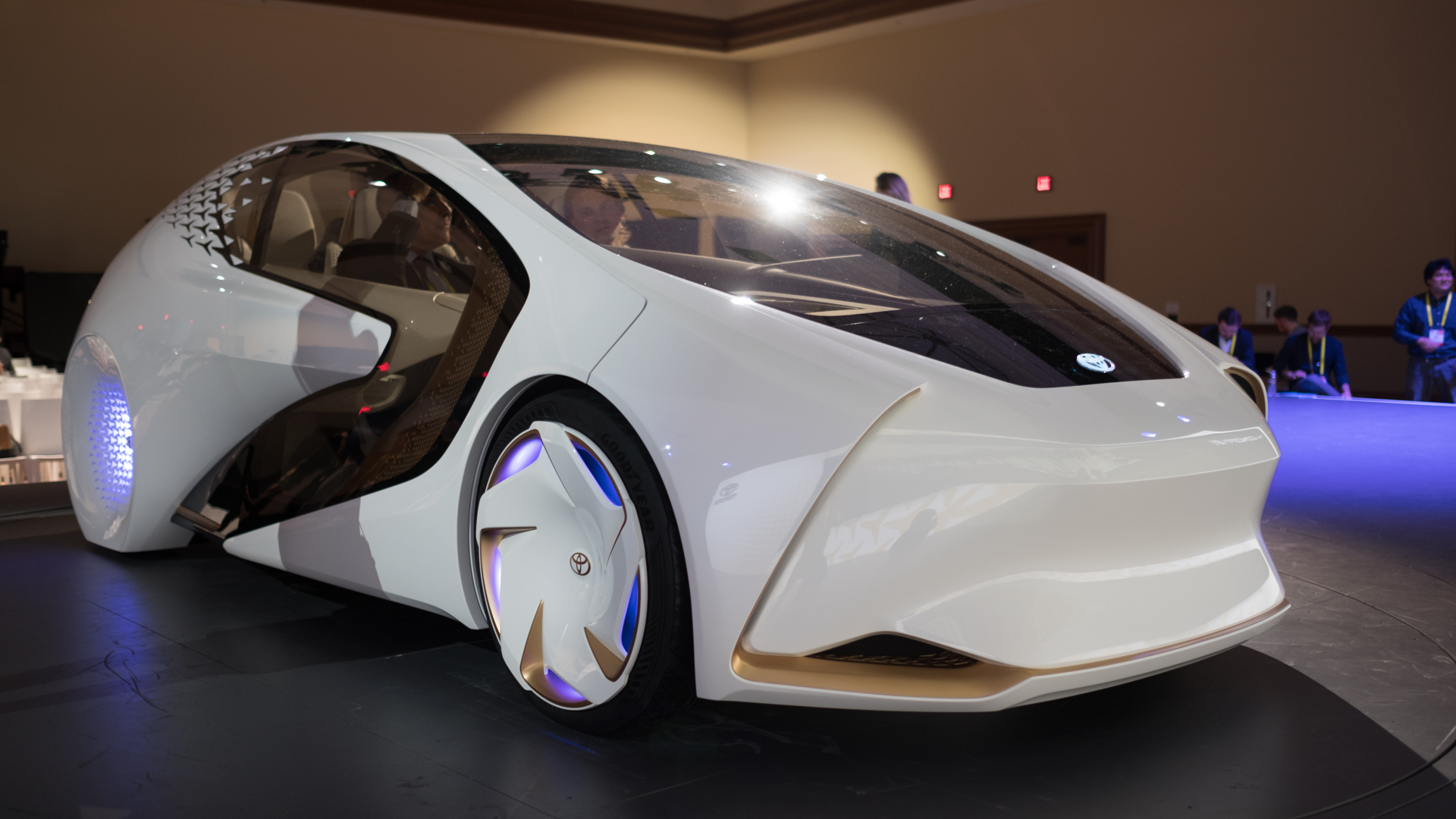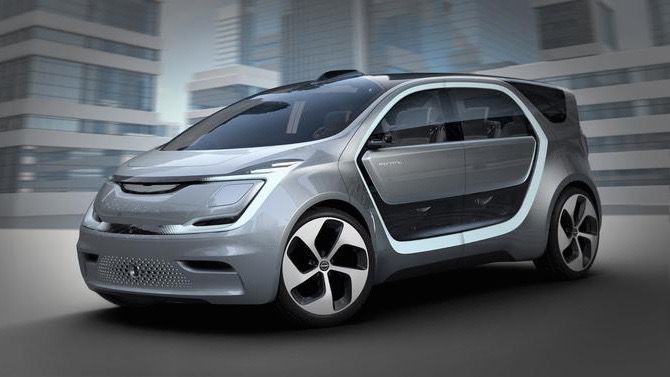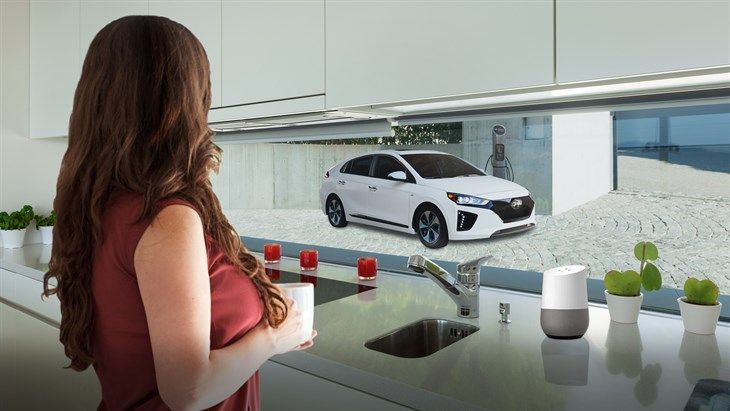The future of cars goes into overdrive at CES 2017
From concept to reality at the biggest tech show on Earth

By now you know the drill: concept revealed, crowd claps, then cloth is put back over chrome and car is forgotten until the next time it's rolled out on a big conference stage.
CES 2017 is different, though. Yes, we're being treated to those same kinds of seemingly improbable concepts – Toyota Concept-i, Chrysler Portal, etc. – and a production vehicle that may never see the open road (sorry, Faraday Future), but this time around, it feels like we're finally getting a glimpse of our actual automotive future.
That future is a little bit scary, a little bit jarring, but CES is showing us that everyone from traditional automakers to Amazon is thinking long and hard about where cars are headed, and all are working to get there fast.
None encapsulate this more than the Toyota Concept-i, a driverless car that, as TechRadar Senior Editor Joe Osborne put it, feels like you're jumping 10 years ahead when you hop inside.
Concept-i looks like something out of Tron, but part of what makes Toyota's car so intriguing is that it doesn't forget the driver, despite being "driverless." It keeps the gas and brake pedals, and, amazingly, a steering wheel. Of course, there's also super-smart AI running through the whole vehicle.
Toyota may have struck the perfect balance between the future (the Concept-i has to recognize your palm print to start, for example) and the innate need for drivers to feel like they are still in a car, not a pod they have no control over. Trust me, that's a frightening feeling.

Even family cars are getting their turn at CES, with Chrysler unveiling the Portal millennial-inspired minivan. It's not entirely self-driving, but, like a Tesla, has semi-autonomous driving powers, which seem like the perfect medium for consumers.
Sign up for breaking news, reviews, opinion, top tech deals, and more.
But it's not just crazy cool concepts and entirely new autos, like the Faraday Future FF 91, wheeling around the Vegas tech extravaganza. There are smaller announcements circulating through the conference halls, more immediate advancements that signal the future of cars is, in reality, happening right now.
Ford and Amazon have teamed up to bring the Alexa personal assistant to the automaker's wares, and, starting later this month, Ford owners can control their cars using an Amazon Echo, Echo Dot or Tap. This is the tightest integration of Alexa in cars yet. By our first impressions, it's already hugely promising.
Google, too, is keeping up its car momentum, announcing this week that, through Google Home, the Google Assistant can now communicate with any Hyundai vehicle.
It doesn't stop there. Cortana is carpooling with BMWs and Nissans, Microsoft has launched a Connected Vehicle Platform and Ford is trialing turning parking spaces into charging stations for electric cars.

Not to be outdone, Nvidia also revealed it's working with Audi to bring a driverless car to the road by 2020. Nvidia, best known for its GPUs, has become one of the biggest proponents of self-driving cars, and regularly uses CES to showcase how it plans to bring autonomous driving to life.
The flashy concepts are what make us yearn for more, but it's the integration of smart home technology, the commitment by non-car makers to transform transportation and the ever-strengthening connection between mobiles and automobiles that are spinning the future of cars forward. CES 2017 is a showcase for these developments, and we've got a shotgun seat to all the action.
- New year, new tech – check out all our coverage of CES 2017 straight from Las Vegas, the greatest gadget show on Earth

Michelle was previously a news editor at TechRadar, leading consumer tech news and reviews. Michelle is now a Content Strategist at Facebook. A versatile, highly effective content writer and skilled editor with a keen eye for detail, Michelle is a collaborative problem solver and covered everything from smartwatches and microprocessors to VR and self-driving cars.